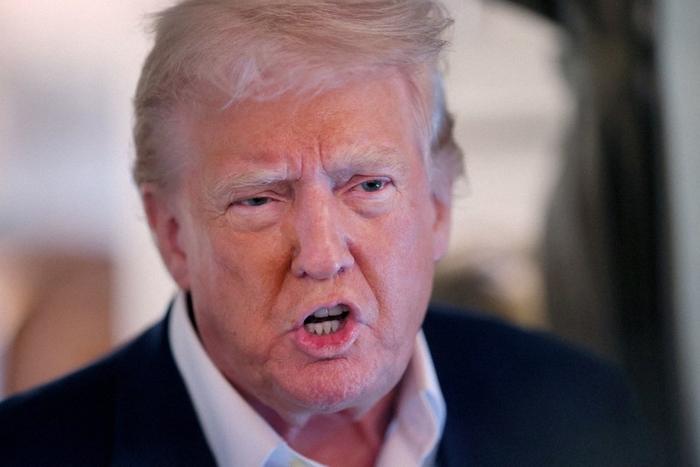

[Report] According to a report by Japan’s Asahi TV, U.S. President Donald Trump posted on June 30th complaining about certain countries being “trained” and Japan not purchasing American rice despite facing a severe rice shortage, claiming to send a letter to Japan. On July 1st, Japanese Cabinet Secretary Yoshimasa Hayashi responded, stating, “We will not sacrifice agriculture in the negotiations with the United States.”
It was reported that during the meeting on July 1st, Hayashi mentioned he had heard Trump’s statements on social media and would not comment on individual remarks. He added, “(The Japanese government) has no intention of sacrificing agriculture in future negotiations. To protect what should be protected, we strive for the maximum benefit for our country, and the entire government will unite to focus fully on the negotiations.”
A Japanese source familiar with the negotiations revealed that the U.S. had never mentioned rice matters in previous negotiations. A senior official from the Japanese Ministry of Foreign Affairs stated, “We cannot overemphasize Trump’s statements.”
According to earlier reports, Trump posted on social media on June 30th, saying, “I hold great respect for Japan, but they are unwilling to import our rice, while they themselves are facing a severe rice shortage. In other words, we only need to send a letter (to solve it). We are willing to continue to be their trading partner for many years to come.”
Trump also pressured Japan the day before. In an interview with Fox News Channel in the United States on June 29th, he said, “They don’t accept our cars, but hundreds of millions have entered the United States. This is unfair.” “Japan will have to pay 25% of the car tariff.”
Regarding Japan’s import of rice, several Japanese media outlets leaked information in April, suggesting that the Japanese government considered expanding the import of American agricultural products as one of the negotiation chips. The news immediately faced strong opposition from the Japanese agricultural industry. Kazuo Shimizu, a farmer from Fukuoka City, expressed his anger to a Japanese television station, “If the price of rice falls, and the prices of agricultural machinery and other means of production rise, farmers will return to a period of deficit operation. This is a mistake by the Ministry of Agriculture, Forestry and Fishery.”
The Japan Farmers Association strongly opposed the expansion of rice imports. Takashi Kimura, the director-general of the Japan Farmers Association, stated on June 24th, “Even if high tariffs are imposed, imported rice still appears in Japanese supermarkets. I feel a sense of crisis. If the demand for domestically produced rice decreases, the sustainability of rice production and the maintenance of basic rice production materials will be greatly affected. I am very worried about this.”